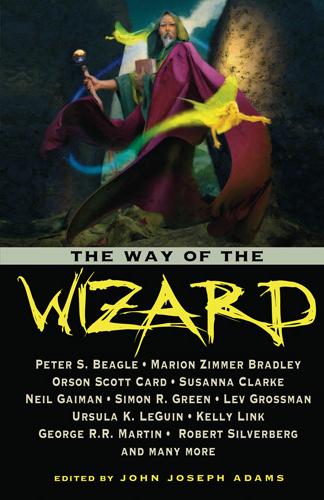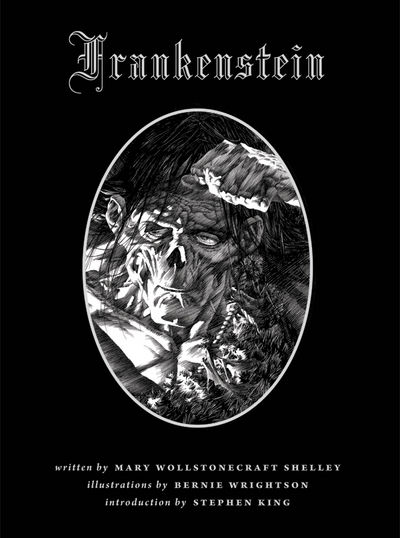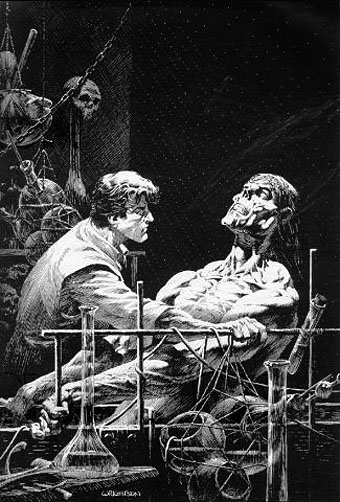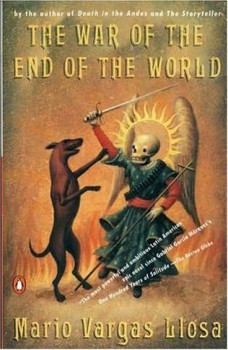Wormy: The Dragon‘s Dragon
 It begins with an imp, some dwarves, a stolen set of bowling balls, and a cigar-smoking dragon in a flat newsboy cap. It gets stranger from there, sprawling through an epic of long-jawed mudsuckers, oddly literate stonedrakes, bad puns, bounty hunters, and some of the most spectacular color comics pages you can imagine.
It begins with an imp, some dwarves, a stolen set of bowling balls, and a cigar-smoking dragon in a flat newsboy cap. It gets stranger from there, sprawling through an epic of long-jawed mudsuckers, oddly literate stonedrakes, bad puns, bounty hunters, and some of the most spectacular color comics pages you can imagine.
I’m talking about Wormy, a comic by David Trampier which ran in the back of Dragon magazine, one to four pages per month, from 1977 to 1988. Trampier, whose artwork helped define the feel of First Edition Dungeons & Dragons, created a lush, memorable tale, one that deserves to be better known today. You can see a large chunk of it here, though most of the comic seems to be offline.
What was it about? As I said, it began with Wormy, a green dragon with a cigar, who’d stolen some bowling balls from a group of dwarves. The dwarves show up to try and get them back, which leads to complications involving a group of brutal but occasionally cunning card-playing ogres (Wormy steals their poker pot when they’re not looking), a minotaur, a talking bear in a Robin Hood hat, a whole community of trolls, and a Brooklyn-accented imp. Then somewhere in there one of the balls gets broken, and a demon comes spilling out. So when we cut to a wizard named Gremorly, “somewhere at the end of this weird world,” plotting to steal the dwarven treasure, we’re not that surprised.
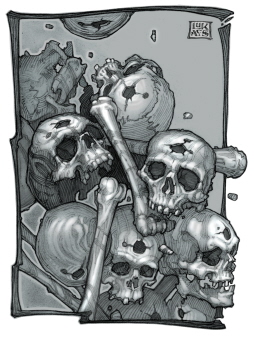
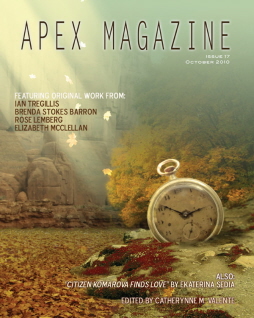
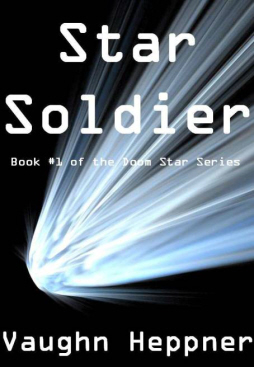
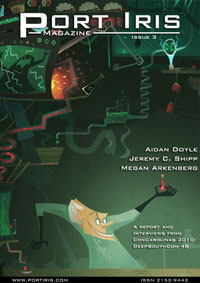
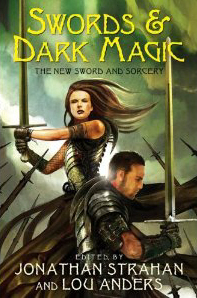 So I finally had a chance to sit down this week with Swords & Dark Magic, the
So I finally had a chance to sit down this week with Swords & Dark Magic, the 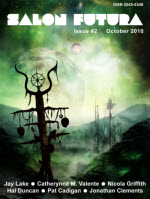
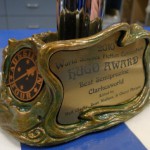 have been several attempts to do this sort of thing, most of which have had short life spans (anyone remember the
have been several attempts to do this sort of thing, most of which have had short life spans (anyone remember the 